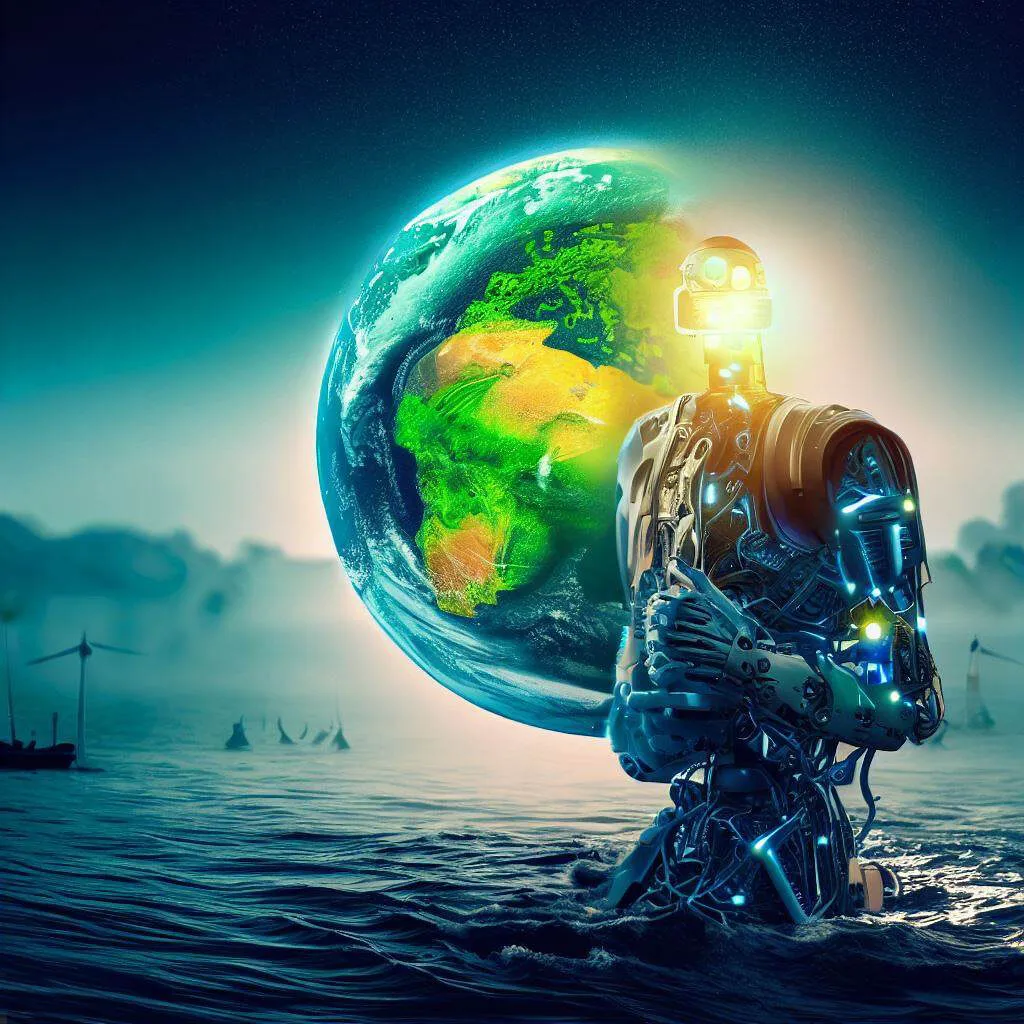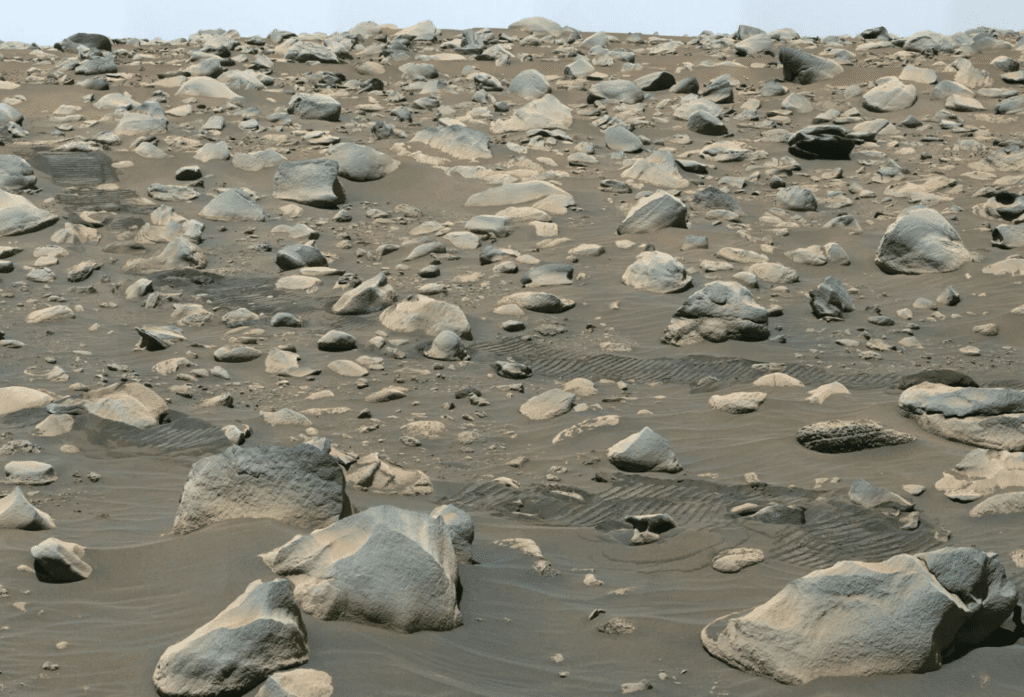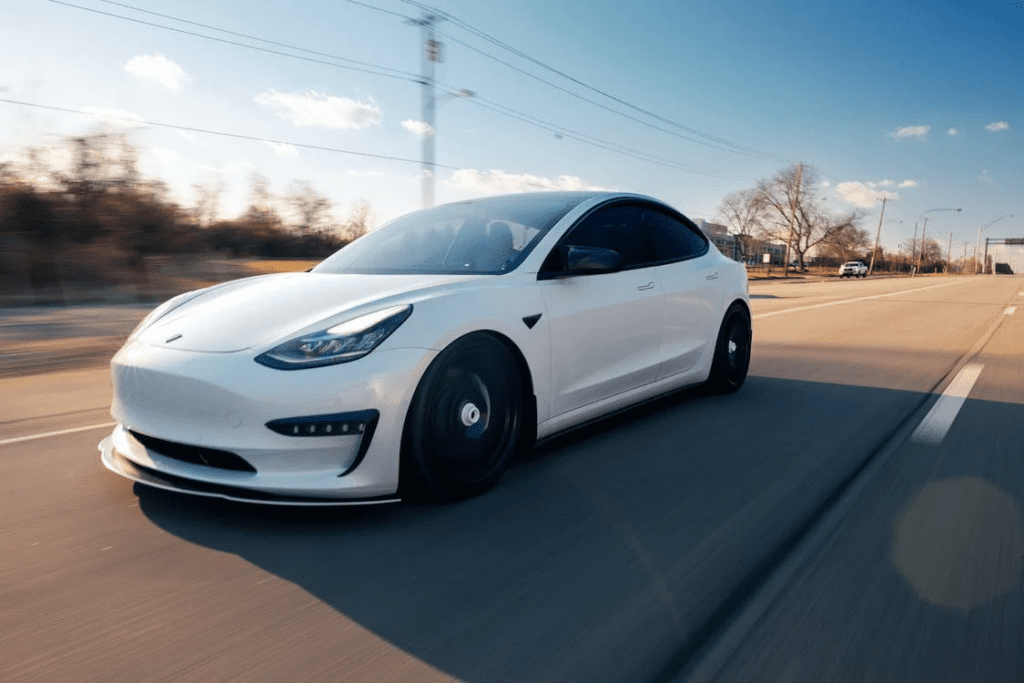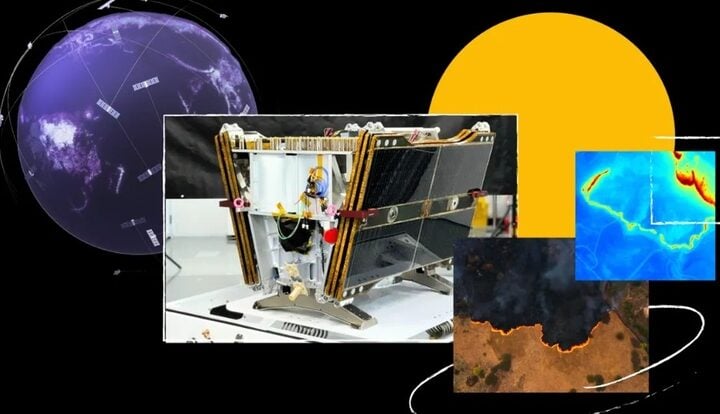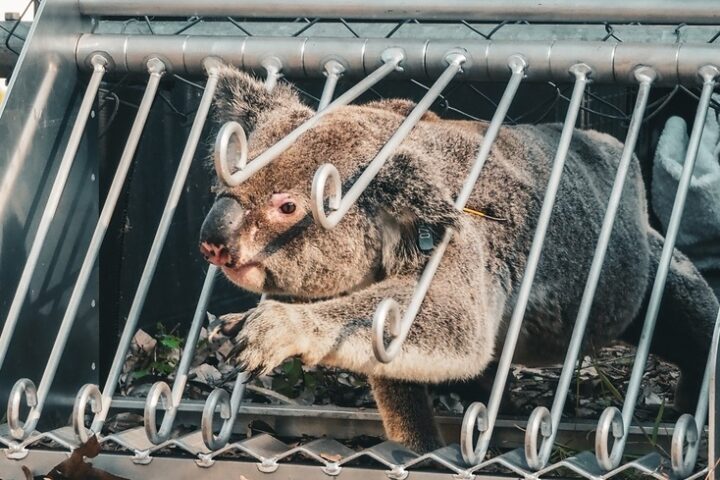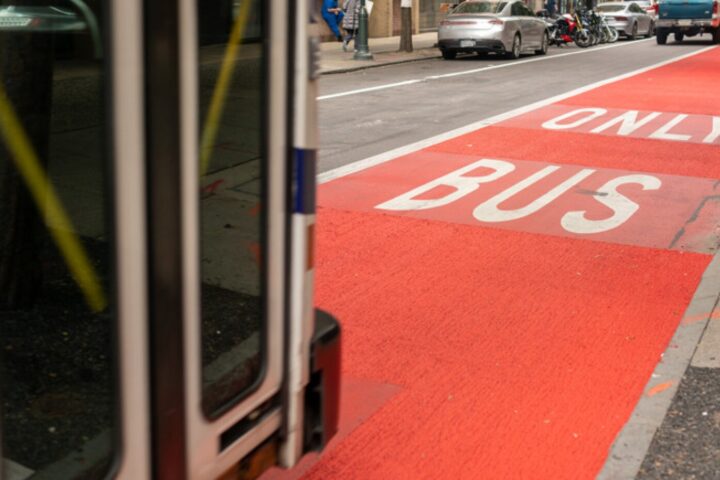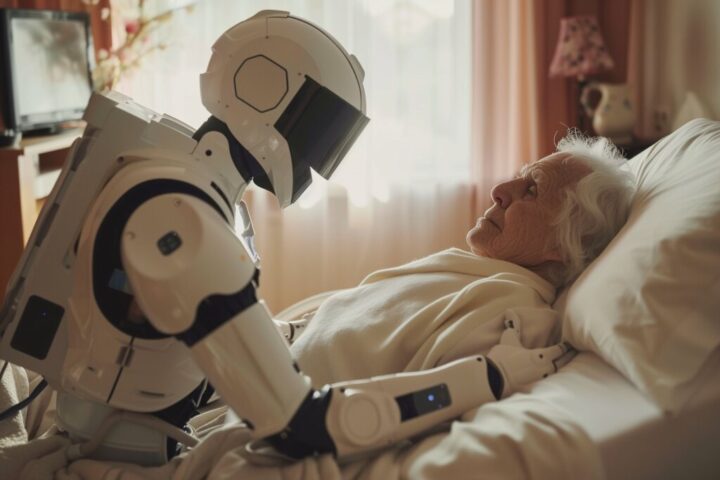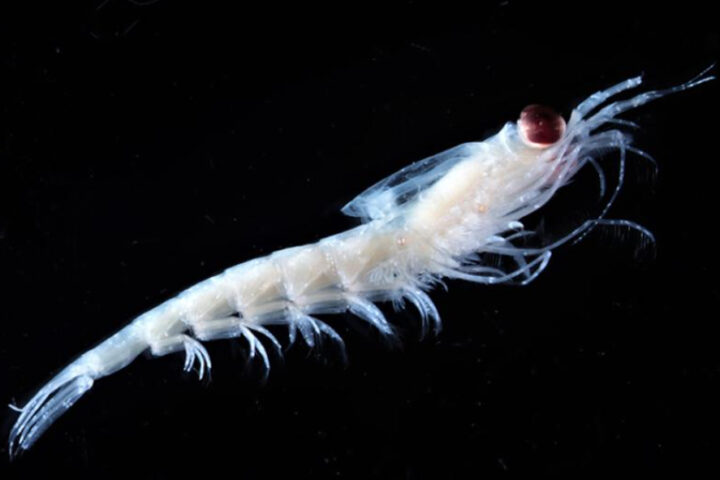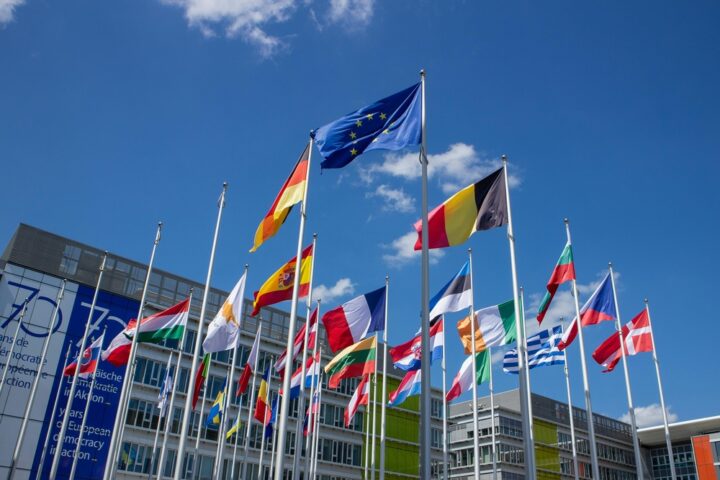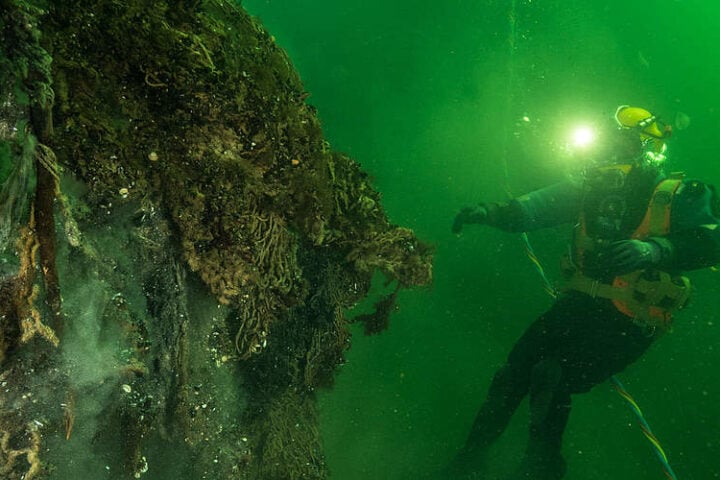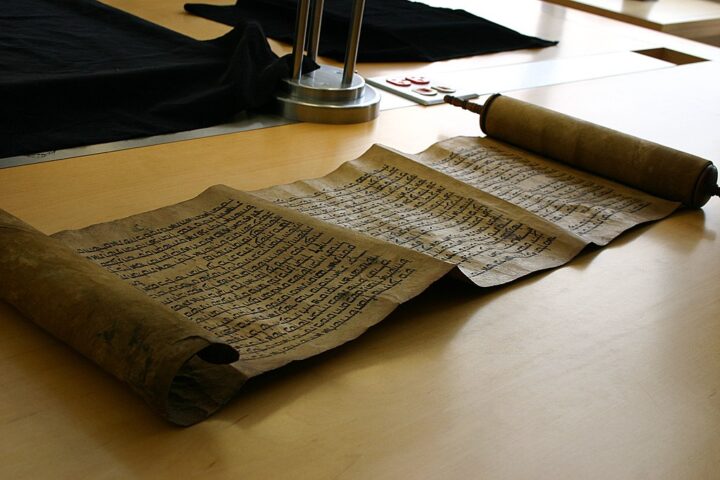A startup competition, “AI for Good,” has been initiated by the AAEA, ITU, FAQ, UNESCO, & the World Bank for a combined solution to artificial intelligence & climate change. The contest targets the creation of innovative AI systems that can help mitigate the impact of climate change on food security & water sources. The IAEA employs nuclear science, such as isotopic techniques, to help countries adjust to climate change effects. Nuclear-derived technologies have been crucial in fast-tracking plant mutation processes to create disease & climate change-resistant crops. AI can assist in providing deeper insights from large scientific datasets that can contribute to improved soil & water management practices.
The contest, launched on July 7 at the AI for Good Global Summit 2023, provides startups with a platform to showcase their AI-driven, climate-based solutions. Managed by ITU & in partnership with 40 other UN organisations, the AI for Good platform is dedicated to AI applications promoting the UN Sustainable Development Goals. The winners of the contest will receive business matchmaking & mentoring opportunities & could present their innovative ideas at COP28.
The IAEA Deputy Director General, Najal Mokhtar, regards this contest as a significant milestone in collective UN system efforts to tackle climate change. The contest has identified five specific problems relating to food, climate-smart agriculture, & water resource management. AI can help estimate soil properties across large areas using data from infrared spectroscopy, gamma spectrometry techniques, & satellite imagery. It can also map & monitor soil moisture levels using data from cosmic ray neutron sensors & gamma spectrometry techniques in combination with satellite imagery.
The capabilities of Earth Map in identifying water-related challenges & analyzing water resources can be enhanced by the integration of AI. AI technology can provide flood & drought forecasting & early warning, identifying water resources vulnerable to climate change. Integration of AI into isotope hydrology studies can support water management & mitigate the world’s water issues.
The contest’s selection process has two phases, the first involving the evaluation of startup pitches & ideas by a jury. The startups will participate in live pitching sessions to make it to the final stage after passing the first phase. Winners will present their AI-powered solutions to a global audience at COP28.
Similar Post
The AI for Good Global Summit included notable speakers such as Antonio Gutterres, Doreen Bogdan-Martin, & LJ Rich from various organizations like the United Nations, ITU, & BBC News. The summit featured discussions on AI’s role in tackling our planet’s most pressing issues. The summit also addressed the responsible use of AI for driving substantial social impact & the necessary precautions for AI’s safe & responsible use. Creative intersections of AI & art, including music & AI creativity, were explored. Global AI governance & other key topics & fostering cross-regional collaboration on AI were discussed. The role of AI in health, including initiatives for health & robot assistants for care, were highlighted. A key method for tackling global issues was identified as crowdsourcing AI solutions for climate change. Topics such as biorobotics, computer vision for autonomous robots, & rehabilitation robots were covered by various webinars & discovery sessions.
The ‘Robotics for Good Global Competition’, an upcoming competition, will showcase startups developing sustainable development solutions. The competition is a significant international collaboration for sustainable development & a significant step in utilizing AI for global problems. The transformative potential of AI in the areas of food security, agriculture, water management could revolutionize climate change adaptation strategies. Startups around the world now have an opportunity to shape the future by tackling some of the most critical challenges of our time.
